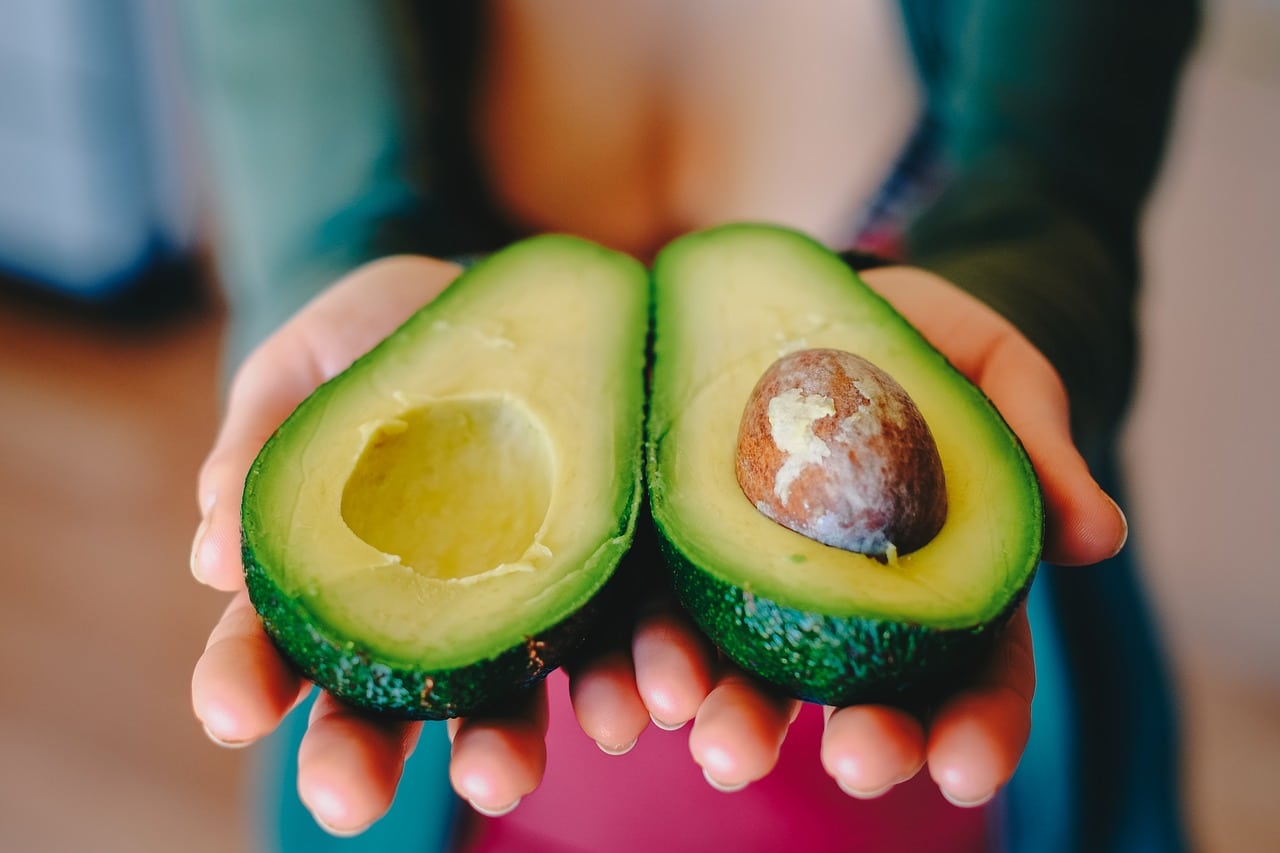Why Do Some People Get Diarrhea After Eating Avocado?
Any food can trigger a higher rate of motility or diarrhea, so this question probably revolves on why this particular food can cause such a state.
We don’t hear people (frequently) saying that they get diarrhea from bread or mangoes, but some complaint of cramps and diarrhea when eating avocadoes. So what gives?
One study shed some light on this event, citing a condition called Food Protein-Induced Enterocolitis. It might sound scary, but in reality, this condition is a type of hypersensitivity to food. However, it is well-documented in infants and younger children. What makes it interesting is that despite its origins in infancy, the hypersensitivity to food can manifest later in life.
Doctors confirm that severe cases of food hypersensitivity can eventually lead to shock. Fortunately for people with food hypersensitivity, avocados are in the low-risk category, so if the avocado does cause some stomach upset, it is probably because of the amount of avocado you ate and not because you have food hypersensitivity. However, if diarrhea persists, your best option would be to go to the ER or your physician to get checked out.
The study that we came across affected infants that are up to a year old. These infants/kids were exposed to avocado oil in the form of baby food and snacks.
Based on what we know about food hypersensitivity, you don’t need to ingest large quantities of a food trigger to suffer from hypersensitivity symptoms. Since it is a type of hypersensitivity, even minute amounts of the food will cause problems.
This brings into question the possibility that a person might suffer diarrhea from avocado if they are allergic to any of the naturally-occurring chemical compounds in avocado.
If this is the case, then it doesn’t matter how much avocado was consumed – it is best to treat the avocado hypersensitivity as you would a peanut allergy, which could equally be as deadly.
A second study focused on anaphylaxis suffered by a fifteen-year-old boy. In this case study, the body was first referred to an allergy clinic after suffering from a very negative reaction to avocado.
The fifteen-year-old patient was eating guacamole. After less than one hour, the patient suddenly experienced diarrhea and vomiting, coupled with nausea, too. Eventually, the boy also lost consciousness due to the shock of his body’s response to the guacamole.
Guacamole may be the most inert of all foods for some people, but eating guacamole can be a life-threatening situation for folks like this patient. Someone in the body’s family provided antihistamines, but the act proved futile, and the boy’s body did not respond well to the antihistamines.
Is Avocado Bad for Your Gut?
Ironically, to people who have no allergies to avocado or don’t have any food hypersensitivity tendencies, avocado is a good thing. If you don’t have any of these conditions, you should probably get more avocado in your diet, too.
One animal study focused on how avocado can ameliorate or aid Wistar rats that are suffering from diarrhea. The Wistar rats were fed with castor oil, and the castor oil triggered diarrhea in the rats. The animal test subjects were then fed with avocado seed extract.
The study was promising as the avocado seed extract proved to be ameliorative in the Wistar rats with diarrhea. The extract proved to be effective in reducing the Wistar rats’ pellet count after they were given the avocado seed extract.
Avocado is not bad for your gut. It is highly recommended for individuals who regularly suffer from bloating or gas. Frequent bloating or gas is linked to so many gastric conditions, including diarrhea.
Fruit sugars are linked to many instances of diarrhea and gastric dysfunction even more frequently than avocado. Doctors recommend eating more fruits that are low-sugar, to begin with, to avoid the stresses that come with reactions to fruit sugars. That’s not all – eating avocado means you are also consuming a type of superfood densely packed with nutrients that you will be well-fed indeed after every serving.
There’s a big difference between getting enough calories and getting enough nutrients. The needs of the human body are not restricted to just the macronutrients. It would help if you also had vitamins, minerals, and other micronutrients. You can certainly get more micronutrients when you eat superfoods like avocado.
What Are the Side Effects of Eating Too Much Avocado?
While avocado is certainly a wonderful addition to any meal, you should be careful in overdoing it, as your body may eventually react negatively to avocado in the long term. Don’t exceed your usual portions for fruit. There is no need to eat too much avocado if you are already eating healthy servings of other healthy foods. Think of your portion of avocado as an equalizer, so the nutrients in this fruit would make up for the ones lacking in the other food you eat.
Doctors and dietitians are cautious about food fads because avocado gets a boost cyclically in weight loss. Annually, someone would market avocado as a wonder weight loss fruit, and people who want to lose weight desperately will jump on the bandwagon to make sure that they get all the weight loss goodness.
Moderation is the key. You mustn’t overdo it and always consult with your doctor if you plan to make a major tweak of your diet, integrating more of this instead of that.
How much is a good portion of avocado per day? Doctors recommend eating no more than one whole avocado. If you want to eat only half, then that’s fine, too. Eating more may be fine in the short term, but don’t forget your other fruits and vegetables.

